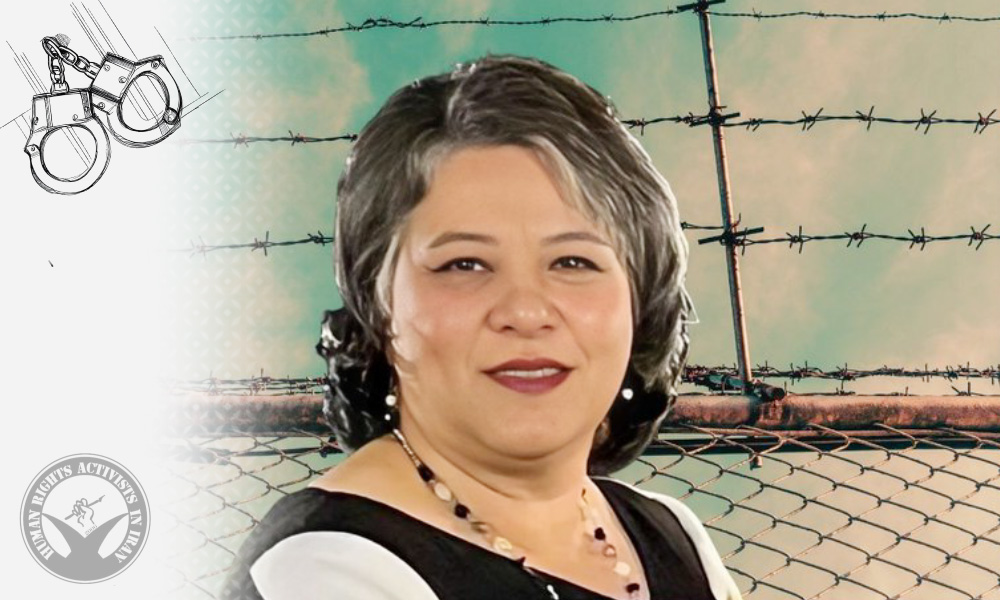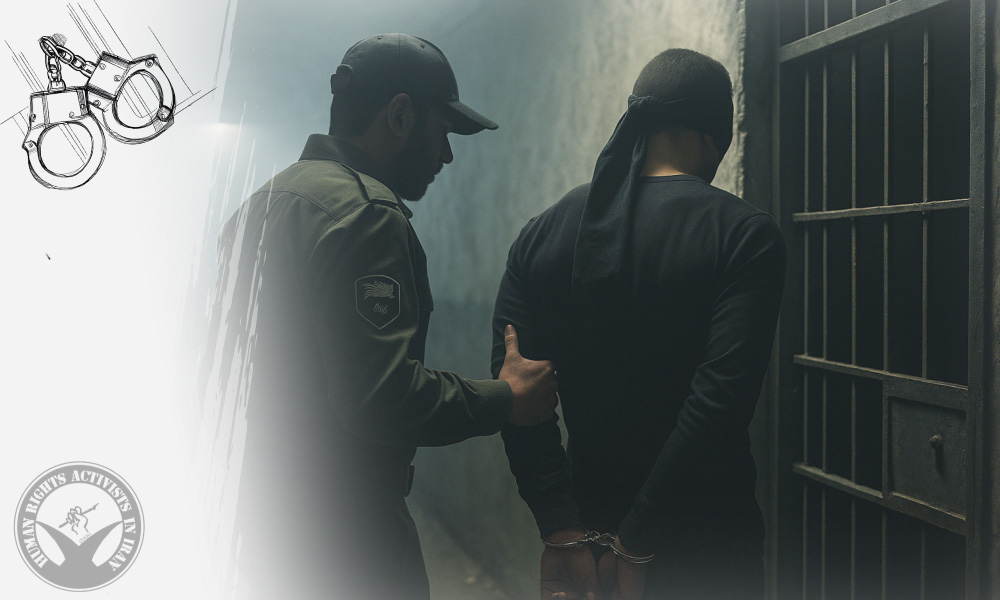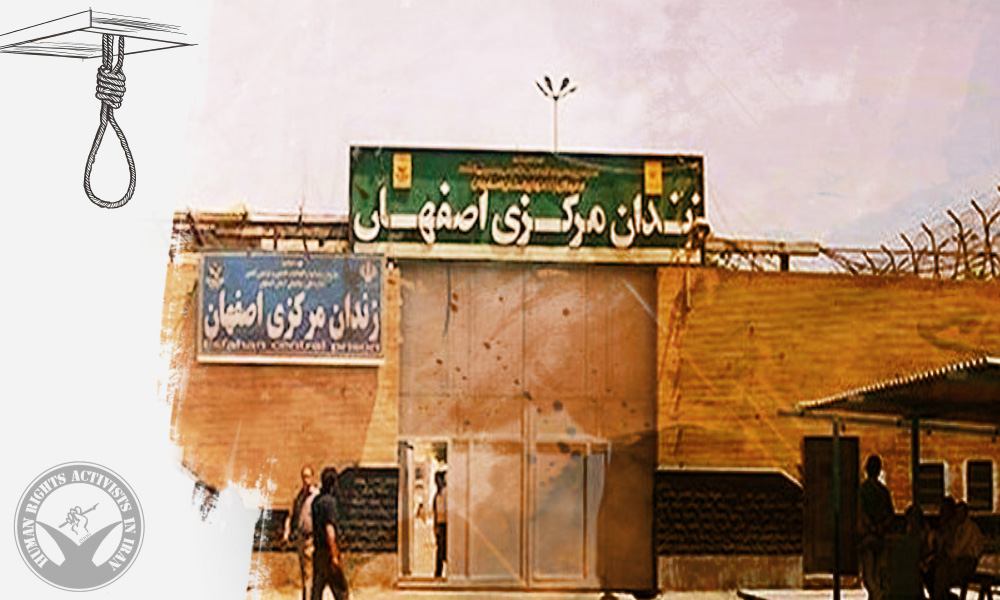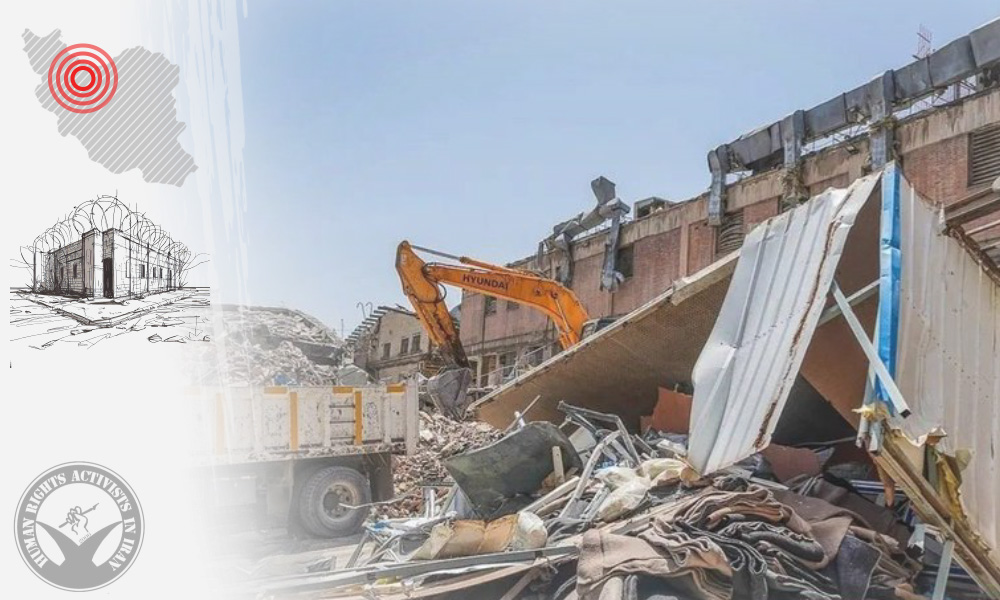HRANA News Agency has compiled this monthly overview to highlight key human rights abuses reported across Iran in June. This month, following the outbreak of the Iran-Israel war, Iran witnessed a widespread wave of arrests on national security charges (espionage) or for expressing opinions about the war.
Executions
During this month, Iranian prison authorities executed 98 individuals, marking a 37% decrease compared to the previous month. Notably, eight of those executed were Afghan nationals. Of the total, 86 were men, while the lack of transparency in reporting by Iran’s judicial authorities has left the gender of 12 executed individuals still unknown.
Of those executed, 42 were hanged on drug-related charges, 33 for murder, two for rape, and thirteen on charges of “corruption on earth” (a political charge).
The most prominent case of a political execution was that of Mojahed Korkor, who was sentenced to death for alleged involvement in the killing of Kian Pirfalak, a child who died during the nationwide protests. This accusation was made despite the Pirfalak family rejecting the claim. Kian’s mother has repeatedly stated that “as we were returning home, security forces opened fire on our vehicle.”
Amid the 12-day war between Israel and Iran, Iranian authorities carried out the executions of five individuals previously sentenced to death on charges of espionage and collaboration with Israel. The executed were: Mohammad-Amin Mahdavi Shayesteh, Majid Mosayebi, Edris (Idris) Ali, Azad Shojaei, and Rasoul Ahmad.
This month, death sentences were also issued for two men and one woman, all on murder charges.

Freedom of Thought and Expression
In June, security forces arrested 45 individuals for expressing their opinions and beliefs. Two notable examples include the arrest of Tehran-based singer Danial Moghaddam and Behnaz Mahjoubi, the sister of Behnam Mahjoubi, a deceased Gonabadi dervish. Additionally, 11 individuals were summoned to court and three others were summoned by security agencies for expressing their opinions and beliefs. Seven people were also tried on similar grounds. There have also been reports of beatings by security forces.
With the onset of the Israel-Iran war, the regime’s security apparatus launched widespread arrests of citizens on national security-related charges. According to HRANA’s statistics, 1,295 people were arrested on charges such as espionage for Israel, drone operation, arms trafficking, and acts against national security. Additionally, at least 301 individuals were detained for expressing opinions or sharing content about the war on social media. Read more in HRANA’s detailed report on the war-related arrests.
In June, the Iranian judiciary sentenced twenty Iranian citizens to a total of 228 months in prison on charges indicative of violations of free expression. Of this total, 36 months were suspended sentences.
Women’s Rights
In the past month, the murder of four women and one case of rape were reported. Additionally, a man was killed in a so-called honor-related incident.
Workers’ Rights
In June, HRANA reported 13 labor protests and 23 labor strikes. Regarding workplace incidents, 17 workers lost their lives and 44 others were injured. The deadliest incident was a fire at Kaveh Methanol Petrochemical Plant in the city of Dayyer, which resulted in the death or injury of 13 workers.
HRANA’s reports also recorded wage arrears affecting 4,057 workers during the month.
In June, guilds and unions held 47 protest gatherings. Twenty-seven individuals were summoned to court, 11 were tried, and one person was arrested. In terms of prison sentences, two retirees of the Social Security Organization, Mohammad Zaman Kamrava and Morad Zohrabi, were each sentenced to two years in prison by the Ahvaz Revolutionary Court.
Children’s Rights
This month, one case of child suicide was reported. According to the report, a 15-year-old boy ended his life after being sexually assaulted by two individuals. In Mashhad, a 17-year-old boy was also murdered in an honor-related incident. Additionally, two cases of child sexual abuse were reported during the month.
Religious Minorities
In June, the repression of religious minorities in Iran intensified. Thirty-seven individuals were arrested. Following the outbreak of the Iran-Israel war, 35 Iranian Jews were also summoned and interrogated by security agencies. The homes of three members of religious minorities were searched by security forces.
Iranian judicial authorities also sentenced ten members of religious minorities to a total of 1,091 months in prison. The most significant case involved the sentencing of six Baháʼí women in Hamedan to over 38 years in prison.
Ethnic Rights
In June, seven individuals from ethnic minorities or minority rights activists were arrested by security forces. In three of these cases, the security forces did not present any arrest warrants.
Kolbars and Fuel Carriers
This month, indiscriminate shootings by military forces claimed the lives of seven individuals. Among the victims were a kolbar and three fuel carriers (sookhtbars). These shootings also injured three people, including one kolbar and one fuel carrier.
In one example, military forces opened fire on the fuel carriers at a checkpoint in Bam County without issuing a prior stop or warning. The shooting caused their vehicle to catch fire. In this incident, one fuel carrier was killed and another was injured.

Prisoners’ Rights
In Iran, prisoners’ rights are routinely violated, with widespread reports of unfair legal proceedings and prolonged legal uncertainty. In June, HRANA reported 74 cases of political detainees being held in legal limbo. In 41 of these arrests, the regime’s security and judicial bodies provided no information to families about the detainees’ conditions. One hundred prisoners and detainees were denied the right to contact or visitation, and 11 individuals were transferred to solitary confinement. Reports also indicated that at least 120 political prisoners or prisoners of conscience were being held in poor conditions.
Two cases of prisoner deaths—both political and non-political—were also reported.
Inhuman Punishment
In violation of the International Covenant on Civil and Political Rights (ICCPR), which strictly prohibits inhumane and degrading treatment, Iran’s judiciary issued sentences totaling 99 lashes this month, and two amputation sentences were carried out.















